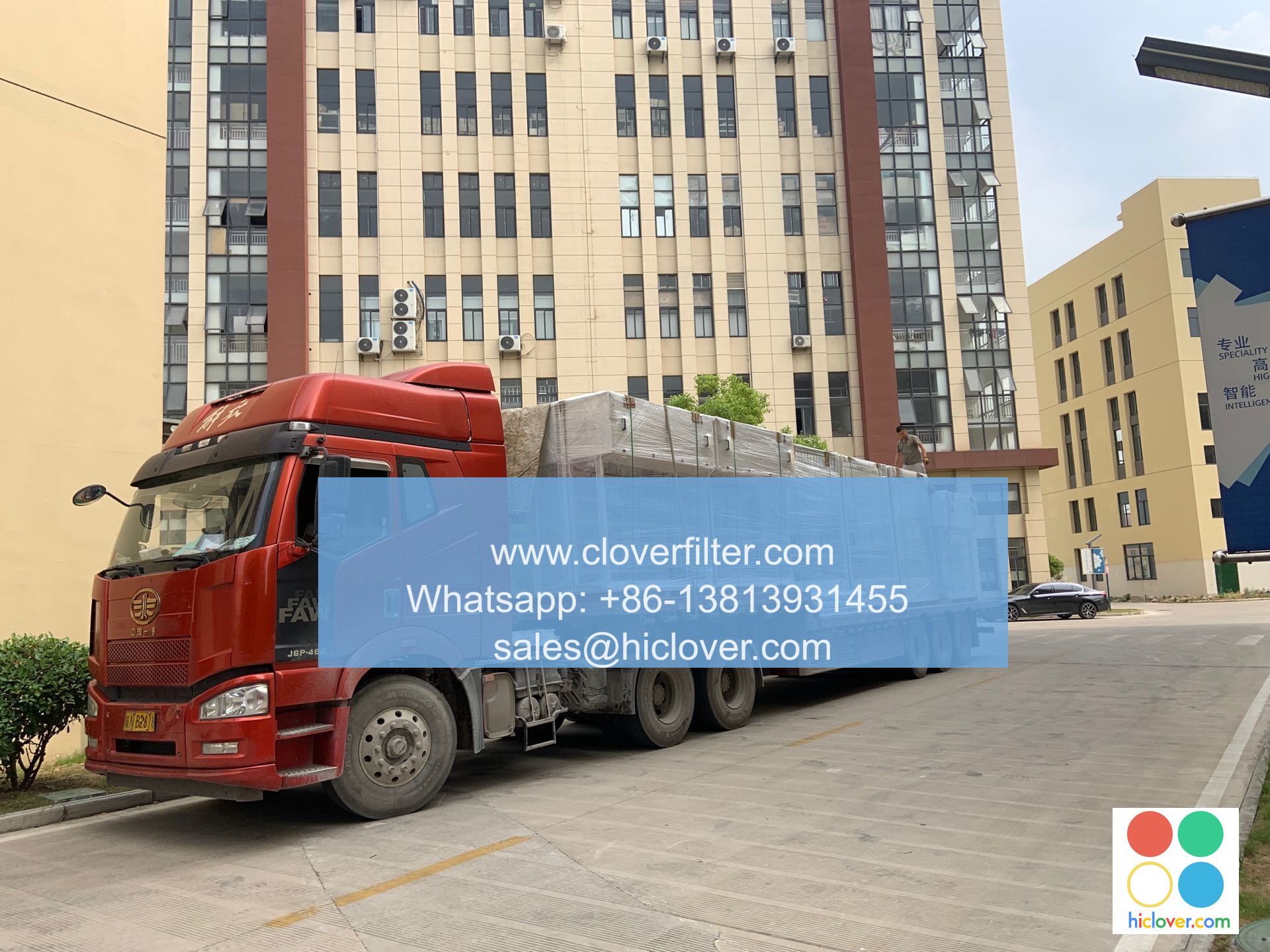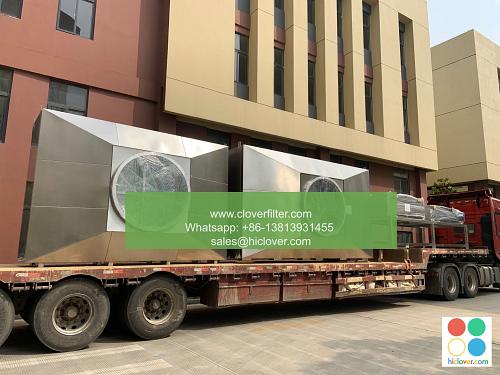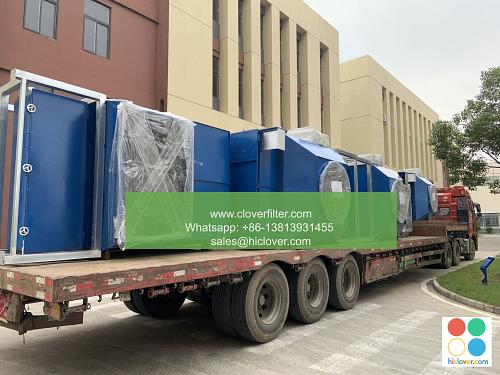The Role of Air Filters in Reducing Indoor Air Pollution

The Role of Air Filters in Reducing Indoor Air Pollution: A Key to Healthier Living Spaces
In recent years, indoor air quality has become a pressing concern worldwide, with the increasing incidence of respiratory diseases and health problems linked to poor indoor air quality. Indoor air pollution is a significant problem, considering that people spend most of their time indoors, making it essential to address this issue effectively. Air filters play a crucial role in reducing indoor air pollution, and in this article, we will discuss the importance of air filters in ensuring healthier living spaces.
What is Indoor Air Pollution?
Indoor air pollution is a disturbing reality, and it can be caused by various factors such as:
- Pollutants such as particulate matter (PM), nitrogen dioxide (NO2), and volatile organic compounds (VOCs) from various sources like combustion, construction, and consumer products
- Poor ventilation and lack of air circulation
- Moisture and humidity issues
- Building materials and furnishings releasing chemicals and particles
How Air Filters Help Reduce Indoor Air Pollution
Air filters are designed to capture and eliminate pollutants, allergens, and other harmful particles from the air, significantly reducing indoor air pollution. High-Efficiency Particulate Air (HEPA) filters are a popular choice, as they can capture 99.97% of particles as small as 0.3 microns, including dust, pollen, and other allergens. Other types of air filters, such as Activated Carbon Filters, are effective in removing Volatile Organic Compounds (VOCs) and gases from the air.
Key Application Areas for Air Filters
Air filters are essential in various settings, including:
- Residential spaces: Air filters can be installed in central air conditioning and heating systems, air purifiers, and standalone air cleaning devices.
- Commercial spaces: Air filters are necessary in offices, hotels, hospitals, and shopping malls to maintain a healthy and clean environment.
- Industrial settings: Air filters are used in manufacturing facilities, warehouses, and construction sites to control particulate matter and fumes.
- Public transportation: Air filters are installed in vehicles, buses, and trains to reduce exposure to pollutants and allergens.
Benefits of Air Filters
The benefits of using air filters are numerous, including:
- Improved air quality: Air filters reduce particulate matter, pollen, and other pollutants, ensuring cleaner and healthier air.
- Reduced allergy and asthma symptoms: Air filters capture allergens and irritants, alleviating symptoms and improving respiratory health.
- Increased productivity: Clean air can boost focus and productivity, making it an essential consideration for workspaces.
- Cost savings: Proper air filtration can reduce energy consumption and maintenance costs by ensuring efficient HVAC systems.
Conclusion
In conclusion, air filters are a vital component in reducing indoor air pollution and maintaining healthy living spaces. By selecting the right air filter for your specific needs and ensuring proper installation and maintenance, you can enjoy a cleaner, healthier, and more comfortable environment. With the increasing importance of indoor air quality, it is essential to prioritize air filters and take proactive steps to minimize the risks associated with indoor air pollution.
Additional Resources
For more information on air filters and indoor air quality, visit:
[Your website URL] or [Your social media handle]
Join the conversation on indoor air quality and air filters on [Your social media hashtag]!
It looks like you accidentally sent the wrong command!
Is there something I can help you with, or would you like to try again with your original prompt?


